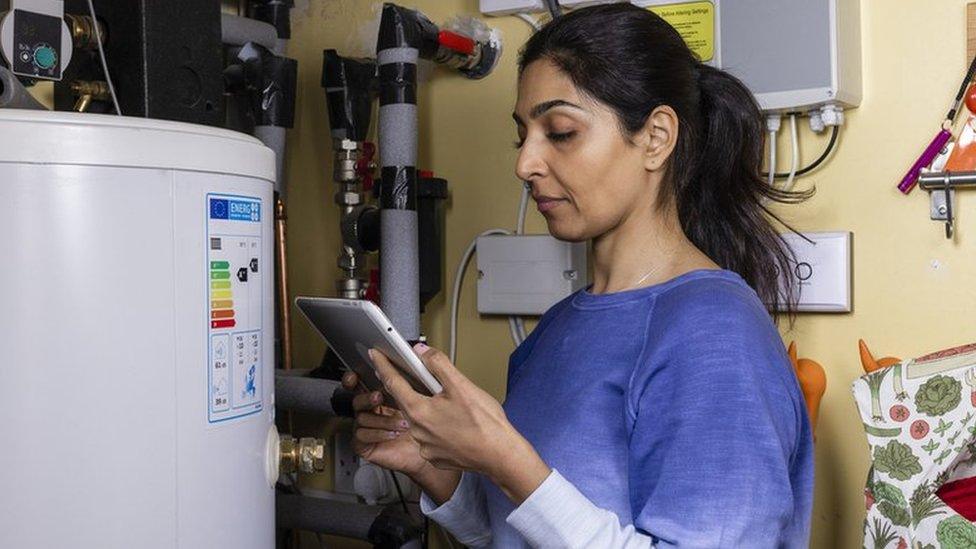Cost of living: Churches warn that people face impossible choices
- Published
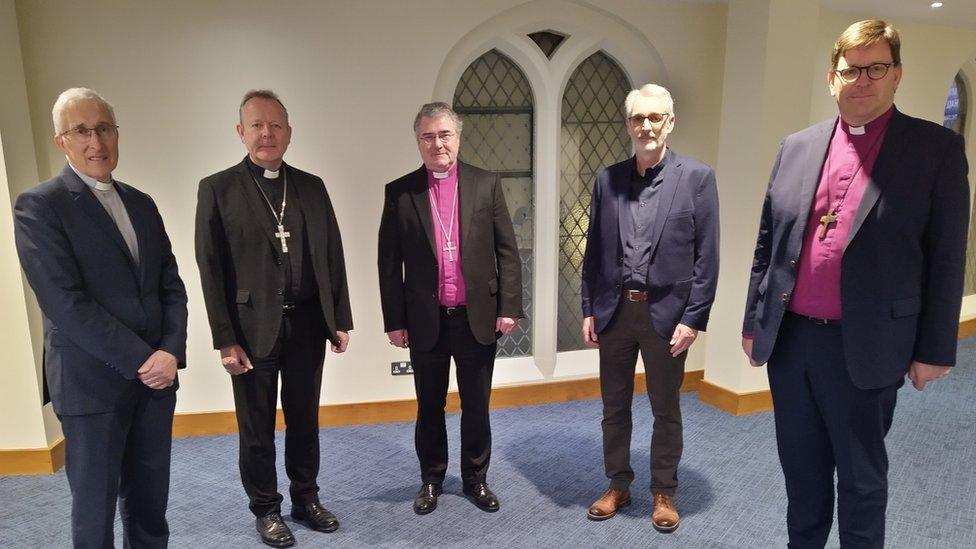
The church leaders say there is an urgent need for practical support
The leaders of Ireland's largest churches have called for urgent government support to address the cost of living crisis.
They said they were concerned by what they were seeing on the ground and warned spiralling costs were forcing people to make impossible choices.
The leaders also said they were concerned by governments' responses.
Rising energy prices could push UK inflation as high as 18% in 2023, economic analysts have predicted.
The statement came from the leaders of the Catholic, Methodist and Presbyterian churches, the Church of Ireland and the Irish Council of Churches.
"We want to join our voices with many others, calling for more practical support to be delivered urgently through direct government initiatives in both jurisdictions and also via grassroots charity and community partnerships," they said.
"This must go hand in hand with a longer term refocusing of government policies to deliver real and meaningful social justice and eliminate poverty across this island."

The cost of living crisis is forcing some people to make 'impossible choices', church leaders say
The church leaders said increasing energy and food prices were disproportionately affecting the most vulnerable and people already living in poverty.
Many people were missing meals or going into debt, they said.
"We are also deeply concerned regarding the government response in both jurisdictions, in meeting immediate needs and also in relation to longer term strategy," they added.

'I shouldn't have to be in that position'
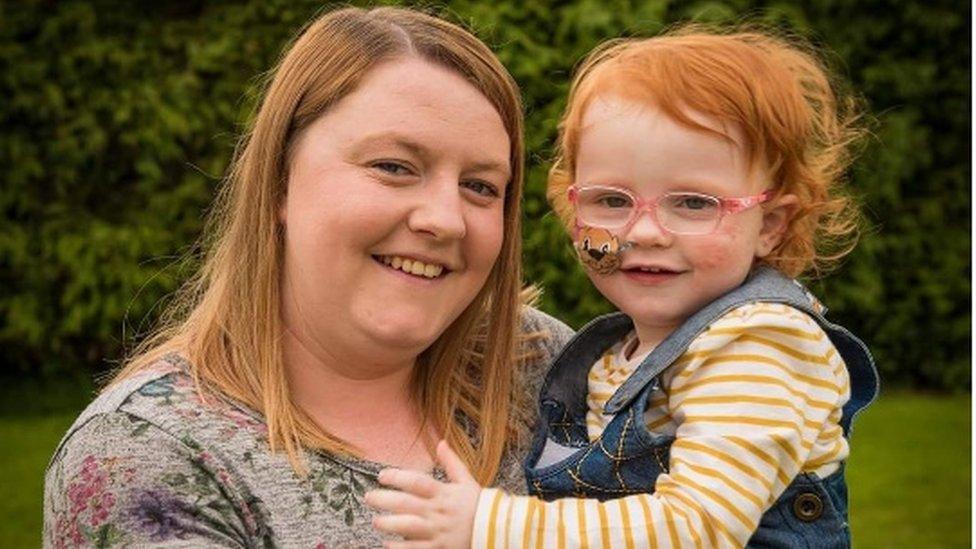
Josephine says at times she cannot afford the electricity to charge Paige's medical equipment
One thousand families in the UK living with children or adults with complex disabilities are to receive a £500 grant to help deal with the cost of living crisis from the national disability charity Sense.
Among them is Josephine Armstrong from Ballyclare, County Antrim, whose six-year-old daughter Paige lives with epilepsy and mitochondrial disease.
"Her mitochondrial disease basically is just her body slowly shutting down. She seems to be getting worse, she is tube fed and her seizures are getting worse at the minute," Josephine told BBC Radio Foyle.
"Basically that means her system is slowly shutting down, she is getting worse
Josephine told BBC Radio Foyle the payment would make a huge difference to their lives.
"I will be able to get some oil, put some onto my electricity, I wont have to worry about oil for the next month or two coming into the winter.
"We have our worries. I have often found myself that I have no money for electric and her tube-feed machine needs charged, or her SATs machine [oxygen monitor], or nebuliser, and I have actually had to go around to a local shop and borrow some electricity from them until I get paid again.
"I shouldn't have to be in that position".
The government, she said, needs to "get together and do something" to help the thousands of people struggling with rising prices.

"In Northern Ireland, the Good Friday Belfast Agreement created a statutory requirement for the Northern Ireland Executive to produce an anti-poverty strategy on the basis of objective need.
"Almost 25 years later and this has never been agreed or produced.
"Likewise, in Ireland a cross-party anti-poverty strategy is badly needed to address issues in a comprehensive and effective manner".
In July, some of Northern Ireland's most vulnerable households began to receive payments to help them cope with the cost of living crisis.
Earlier in August, a group of Northern Ireland trade organisations published an action plan aimed at tackling the crisis in the cost of doing business.
Meanwhile the Treasury has set up a joint taskforce to explore how best households in Northern Ireland can receive a £400 discount on energy bills this autumn.
Households in Great Britain will start receiving it from October.
Stormont politicians have called for the same timetable in Northern Ireland, but there are complications due to the lack of a fully functioning executive. Northern Ireland is also in a different energy market to the rest of the UK.
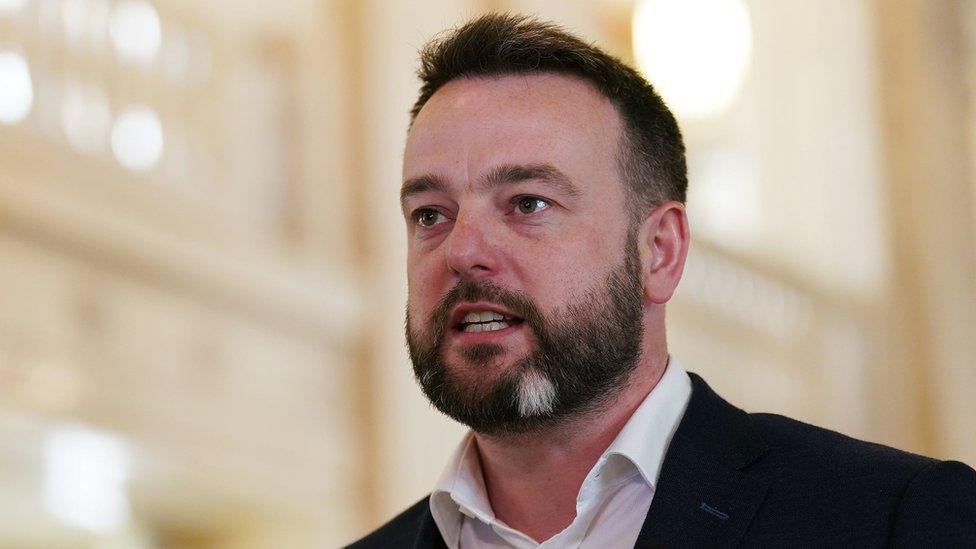
Colum Eastwood has called for a cost of living summit
Meanwhile SDLP leader Colum Eastwood has called on Sinn Féin deputy leader Michelle O'Neill, who is due to become first minister if power sharing is restored at Stormont, to convene an urgent cost of living summit to prepare people for winter.
He said there was an "immediate crisis facing working people and the most vulnerable households across our communities".
Mr Eastwood said thousands of people in Northern Ireland would be forced to go without warm homes or food.
He said there was an onus on politicians to ensure that did not happen.
The Foyle MP called on Ms O'Neill to bring together minsters, energy companies and the community and voluntary sectors for a summit similar to one convened in Scotland by First Minister Nicola Sturgeon.
"I refuse to accept that political leaders are powerless, particularly when executive departments continue to spend money and officials remain at work," he said.
Sinn Féin said Ms O'Neill did not have the authority to convene such a summit.
The party added the best way to deal with the current crisis was "through the executive which is being blocked by the DUP".
Related topics
- Published15 August 2022
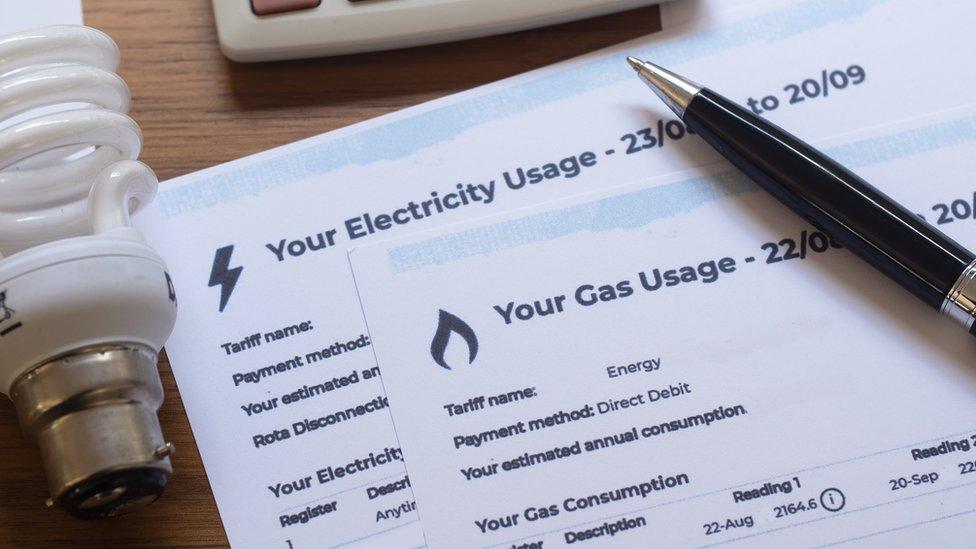
- Published10 August 2022

- Published14 July 2022
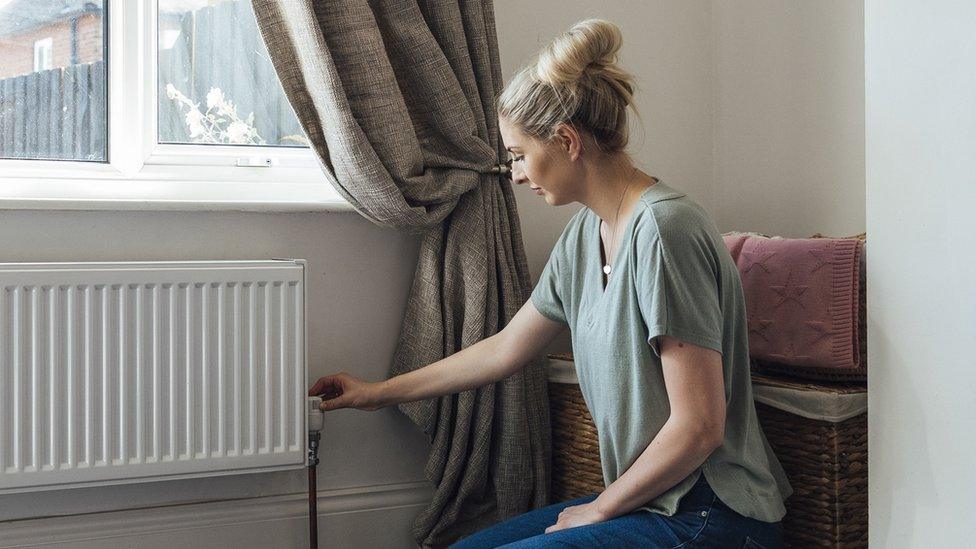
- Published22 August 2022
